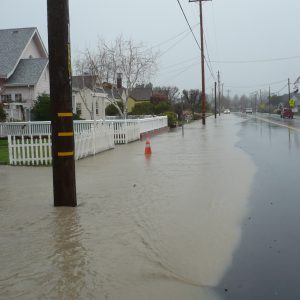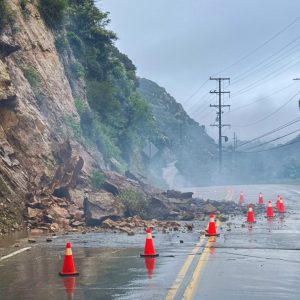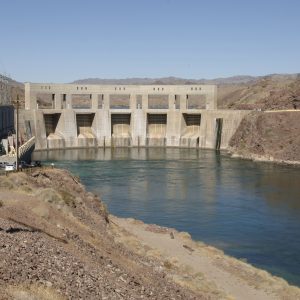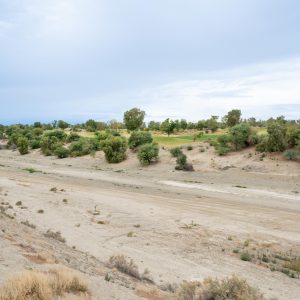 View Winners →
View Winners → Environmental and infrastructure policies to support communities in transition
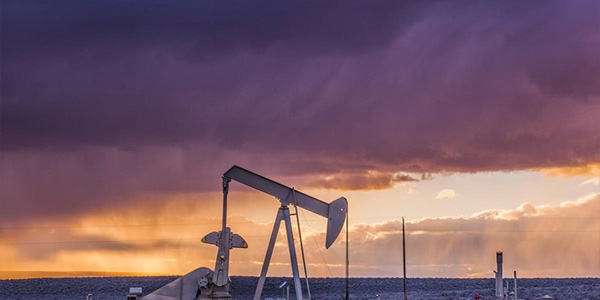
EDF and Resources for the Future reviewed existing environmental remediation and infrastructure policies that can support communities affected by the transition to a clean economy. This report is the second in a joint series on ensuring fairness for fossil fuel workers and communities in transition. When a fossil fuel plant or mine shuts down, jobs and economic prosperity are lost — but often, the pollution stays. Communities across the U.S. reliant on fossil fuels — and those located near them — have dealt with the dangerous air and water pollution that abandoned oil wells, coal mines and coal-powered plants can leave behind. Furthermore, the closure of a local power plant, mine or other high-carbon industry can result in a loss of government revenue that funds infrastructure that communities rely on, like roads and clean water, safe and intact. And both consequences of this loss — pollution and aging infrastructure — further worsen the potential for new economic opportunities that can revitalize a town. Existing policies designed to restore communities, by cleaning up abandoned fossil fuel sites or building vital infrastructure, can also bring the added benefits of creating jobs and economic opportunities to fossil fuel workers and communities in […]















































































